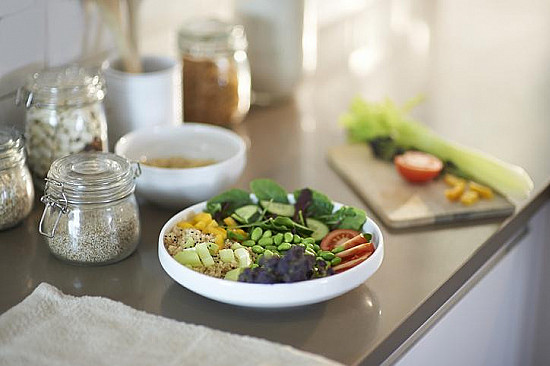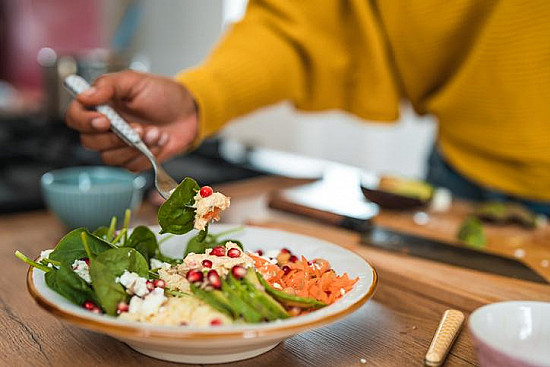Hemorrhoid help: preventing and treating flare-ups

The best way to keep hemorrhoid flare-ups at bay is to maintain healthy lifestyle habits. Preventing constipation is key. Make sure your diet always includes enough fiber to promote healthy bowel movements, and be mindful about staying well hydrated. If you need help with your water intake, keep a water bottle by your side at all times as a reminder to drink. Jazz up your water with a slice of lemon, lime, or orange.
Also, regular exercise supports good bowel function, so if you do not exercise on a regular basis, this is a good time to begin. Don't try to immediately reach the goal of at least 150 minutes per week of exercise. Begin with short periods of walking. Over time, you can increase your speed and duration of activity. Get your doctor's okay if you have any reservations about exercising or you plan to begin a vigorous routine.
There are other simple, everyday habits you can develop to help with relief when a hemorrhoid flare-up arises. For example:
Less strain, more gain. Don't delay bowel movements during flareups. Always go when you feel the urge, as putting off bowel movements can cause stool to back up, leading to increased pressure and straining, which aggravates your hemorrhoids. Also, try not to sit on the toilet for long periods; this tends to make hemorrhoids push out and swell up. A way to make going to the bathroom easier—and faster—is to elevate your feet with a step stool as you sit on the toilet. This changes the position of the rectum in a way that could allow for easier passage of stools.
Keep the area clean. After every bowel movement, clean the anal area with a witch hazel pad, a soothing baby wipe, or a cotton cloth soaked in warm water. Be thorough but gentle. Aggressive rubbing and scrubbing, especially with soaps or other skin cleansers, can irritate the skin and make your hemorrhoids worse. Applying petroleum jelly or aloe vera gel to the anal area can soothe irritation after a bowel movement.
Take a soft seat. Sitting on a cushion rather than a hard surface helps reduce the swelling of existing hemorrhoids and prevents the formation of new ones.
Disclaimer:
As a service to our readers, Harvard Health Publishing provides access to our library of archived content. Please note the date of last review or update on all articles.
No content on this site, regardless of date, should ever be used as a substitute for direct medical advice from your doctor or other qualified clinician.















